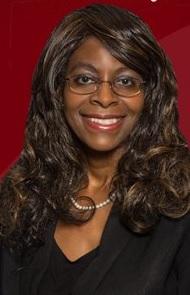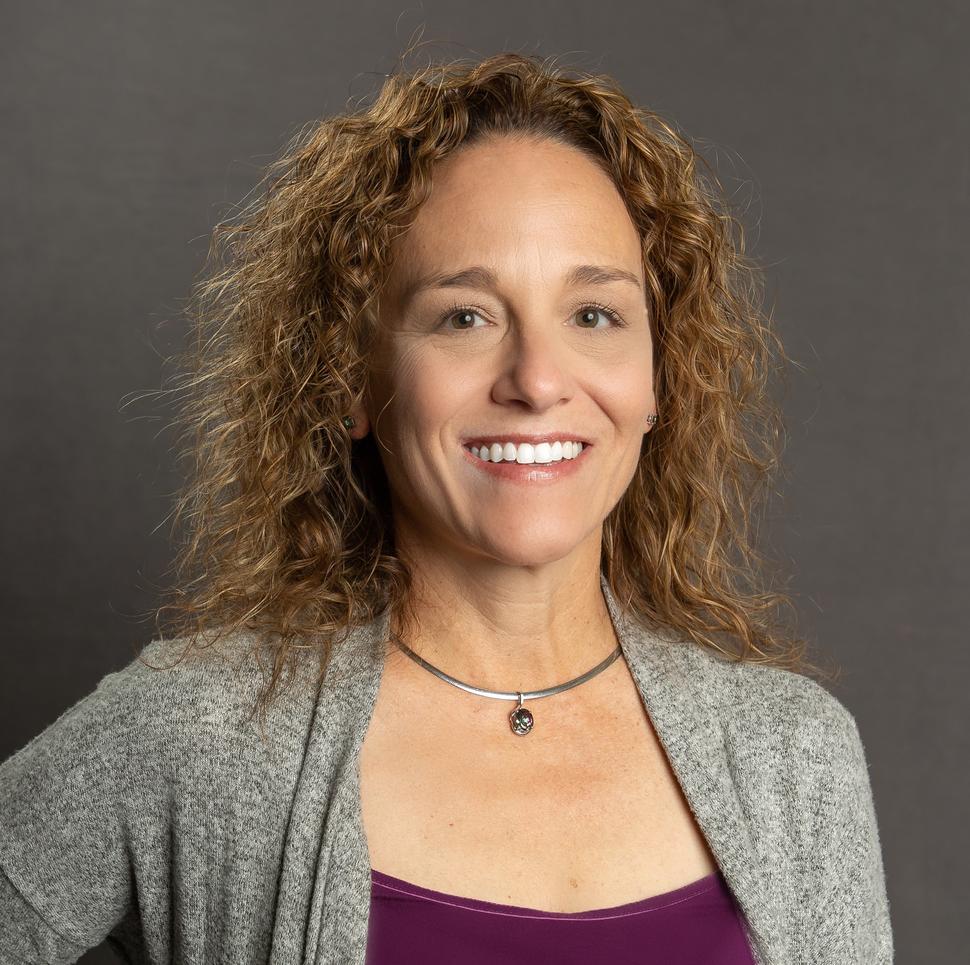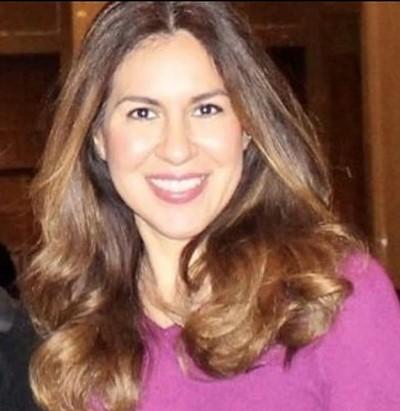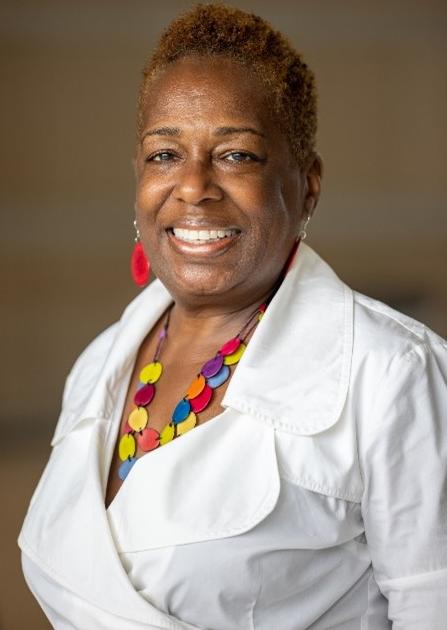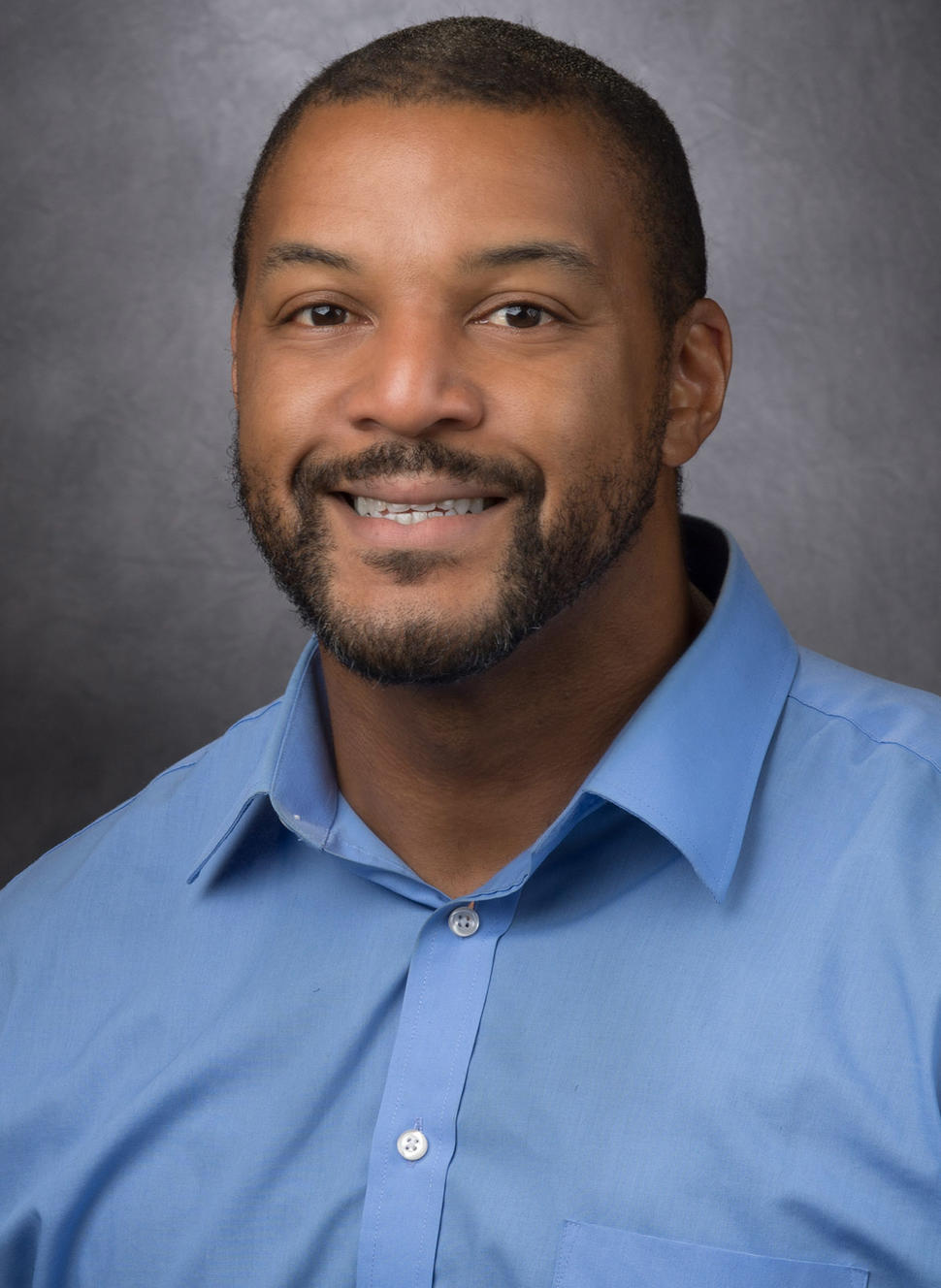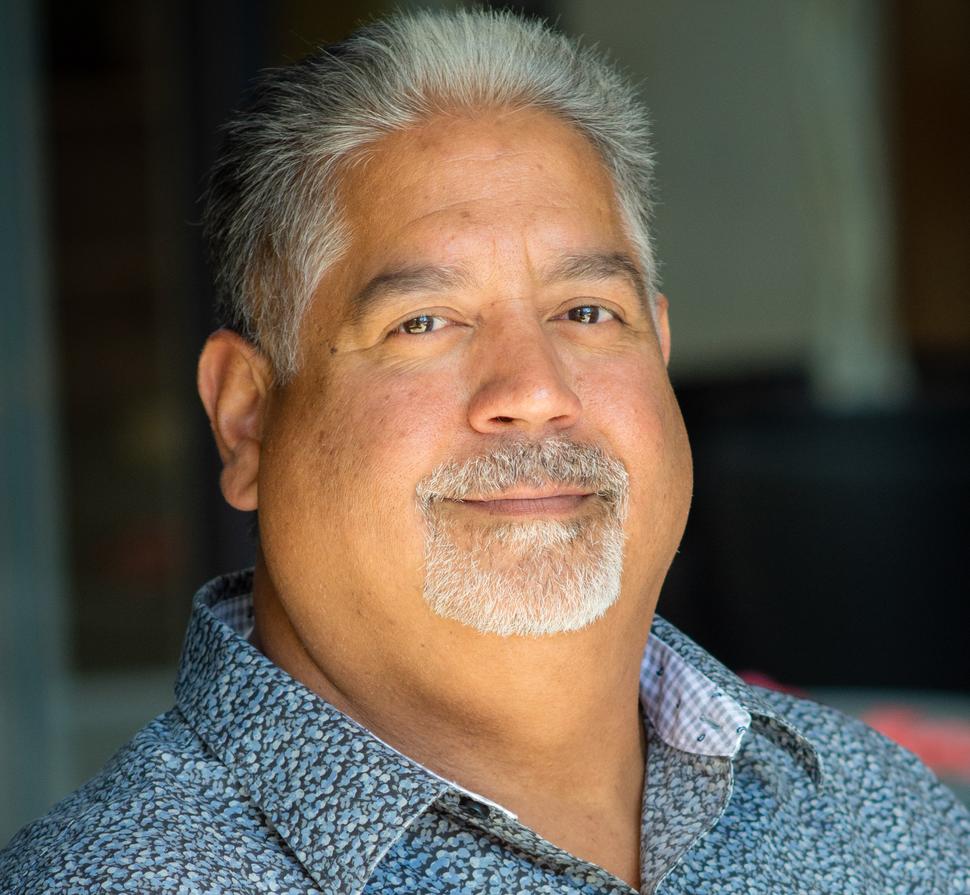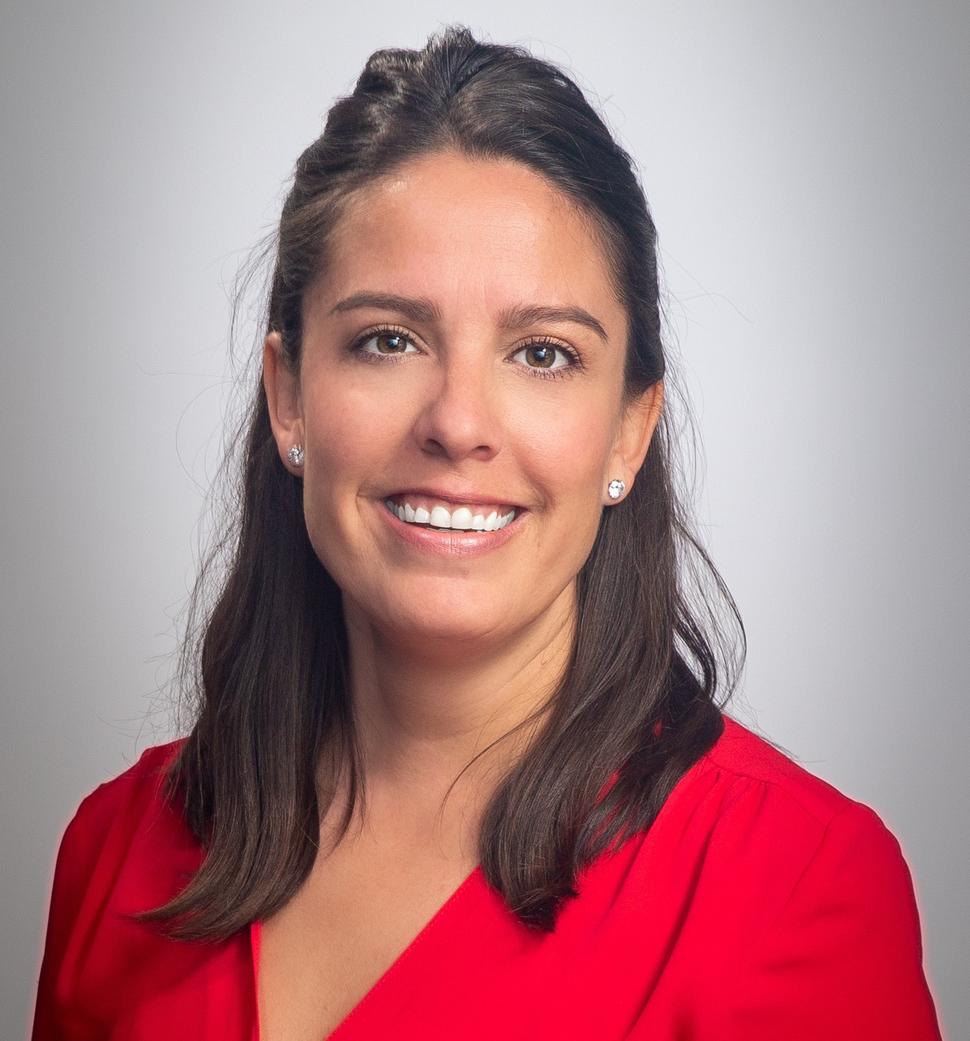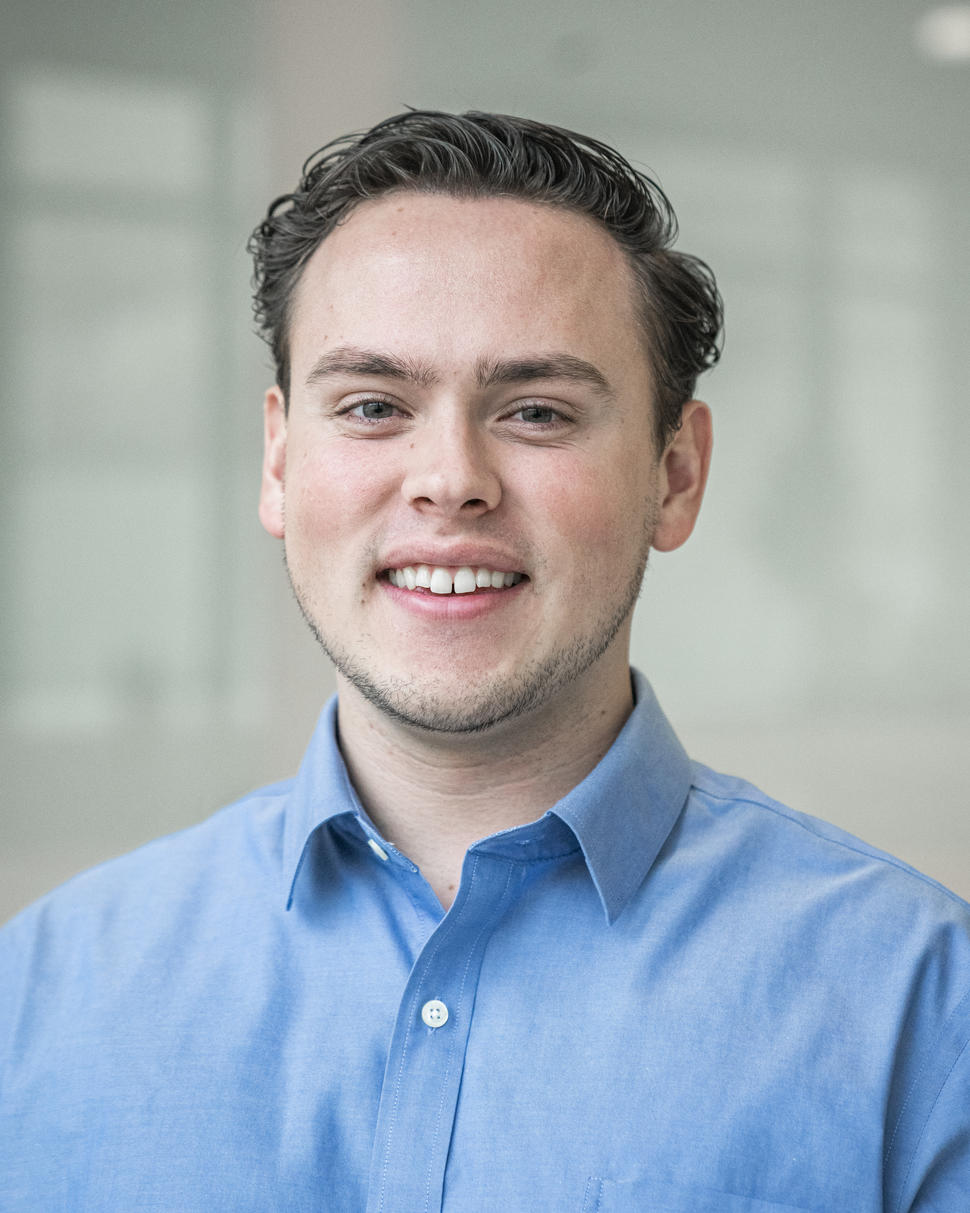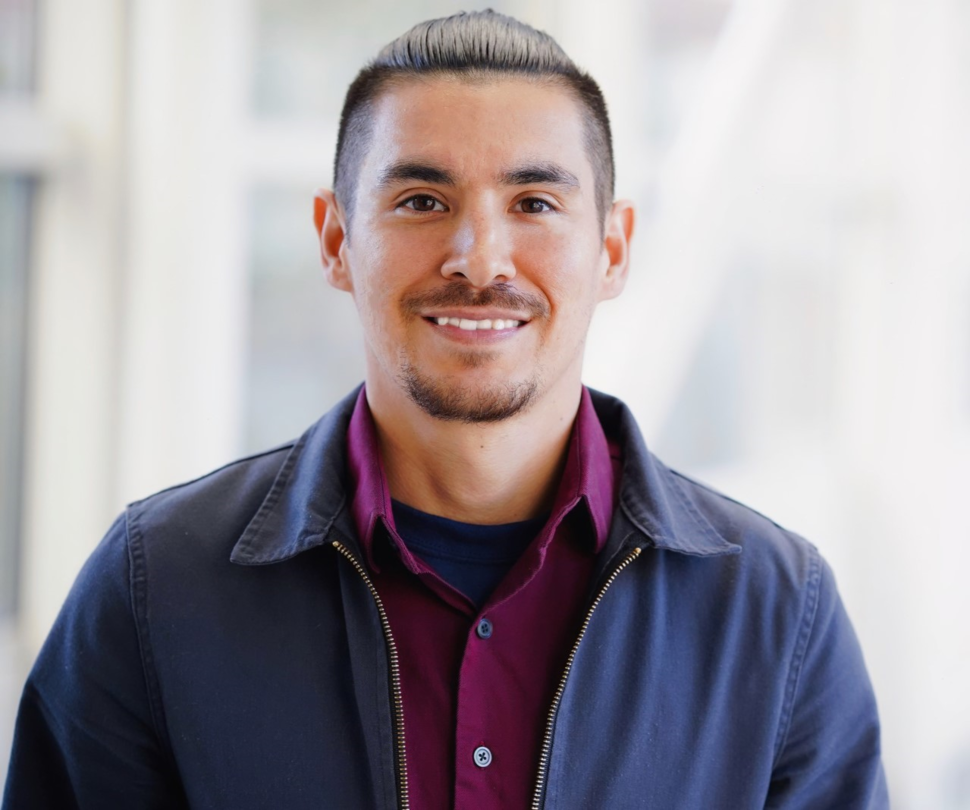National Minority Health Month Spotlight: NON Community Health Educators Guide Discussion of Outreach to Underserved Populations at LLS Meeting
, by CRCHD Staff
In recognition of National Minority Health Month, we at the NCI Center to Reduce Cancer Health Disparities (CRCHD) are recognizing CRCHD scholars on the Center's blog, Dialogue on Disparities. In this blog post, CRCHD National Outreach Network (NON) Community Health Educators (CHE) reflect on leading discussion of outreach to underserved communities during a Leukemia & Lymphoma Society (LLS) meeting. We speak with Marvella E. Ford, PhD, who delivered the meeting's keynote presentation, Nicole Bell of LLS, and the six participating NON CHEs: Terrence R. Adams, Jose Orlando DeJesus, Nathaniel Ferre, Simoné Guambaña, William Maybee, and Armenta L. Washington.
On the afternoon of December 1, 2021, National Outreach Network (NON) Community Health Educators (CHE) joined The Leukemia & Lymphoma Society (LLS) Education & Services Team Meeting for a presentation and subsequent group discussions on a topic of paramount importance — outreach to underserved communities.
The afternoon, which was coordinated by CRCHD Program Director Sandra L. San Miguel-Majors, MS, DrPH(c), and LLS Vice President of Patient & Community Outreach Nicole Bell, LMSW, was headlined by a keynote presentation from Marvella E. Ford, PhD. Dr. Ford is a CRCHD Comprehensive Partnership to Advance Cancer Health Equity (CPACHE) Principal Investigator who is Associate Director of Population Sciences and Cancer Disparities, Director of Community Outreach and Engagement, Medical University of South Carolina (MUSC) Hollings Cancer Center, and Professor, Department of Public Health Sciences, MUSC. Dr. Ford’s talk was entitled “How to Build Relationships with Underserved Communities.”
Dr. Ford detailed community-based and -engaged breast, cervical, and prostate cancer education programs the MUSC Hollings Cancer Center and its partners have implemented with rural and medically underserved communities in South Carolina. She explained the importance of identifying organizational capacity and the needs of the community when creating community-engaged programs.
“I was honored to have been asked to give the keynote presentation for this event,” said Dr. Ford, whose Cancer Center has been supported by three NON CHE grants. “We are grateful for this support, which has significantly enhanced our statewide community outreach and engagement efforts.”
Following Dr. Ford’s lecture, six NON CHEs led work groups with Patient and Community Outreach Managers to “discuss challenges and opportunities with outreach to the specific underserved populations, with emphasis on doing this type of work in a virtual environment because of the pandemic,” according to Bell.
“LLS was honored to have the NON CHEs share their knowledge and experience working with underserved communities. Not only did we learn a great deal but felt validated in our challenges to reach communities during the pandemic,” Bell said.
The NON program shared similar sentiments regarding this collaboration.
"The NON Program is honored to collaborate with LLS and share our best practices and learned lessons through our highly experienced CHEs. National partnerships are essential to increase capacity and leverage resources, so that we may increase awareness of and access to much-needed health services and benefit our underserved communities," San Miguel-Majors said.
CRCHD invited the CHEs to comment on their sessions and what this opportunity meant to them:
African American/Black Outreach Session
"The NON CHEs wanted the staff of LLS to consider opportunities with community partners they may not have considered prior to the pandemic … [and] to also look at organizations in their respective communities who pivoted and had been impactful in addressing needs of the community that emerged as a result of the pandemic."
"Since the opportunity to participate in their annual conference, the Abramson Cancer Center NON PI and CHE have met with the national leadership of LLS. We have discussed the possibility of partnering on future activities related to the clinical trial community ambassador training."
—Armenta L. Washington, Research Coordinator Senior, Penn Medicine – Abramson Cancer Center
"Once we were in the meeting, we noticed there was more of a demand for understanding our successful strategies and identifying places and organizations that had been beneficial during the pandemic. The conversation also gave us an opportunity to discuss the importance of diversity and places to connect with more minorities."
"This was a great experience … it let me know there’s a lot of work to be done. I make it more of a priority now to ensure that LLS is included in more of our community events, especially events that focus on minority clinical trials participation."
—Terrence R. Adams, Sr. Health Education Specialist, University of Texas MD Anderson Cancer Center
Hispanic/Latino Outreach Breakout Session
" … The discussion was informative and engaging and could have lasted another hour easily."
"It was very enlightening to see other groups facing obstacles in community outreach and how to overcome them."
—Jose Orlando DeJesus, Community Engagement Coordinator, Equity Research and Innovation Center (ERIC), Center for Research Engagement, Office of Health Equity Research, Yale School of Medicine, National Clinician Scholars Program, Yale University School of Medicine
"We were candid about the barriers faced in outreach during the pandemic … Flexibility was noted as essential and understanding small wins are big ones in the community, even when not seen the same by others … The importance of including [Community Health Workers] in cancer-related outreach was discussed at length and ‘how’ they can be included — even staffed within cancer centers."
"As community workers I believe the NON CHEs were as enthusiastic about the opportunity to learn and hear from the LLS team members as to ‘present.’ … As we are all often siloed in our roles, it is invaluable to get the chance to connect with other organizations in a meaningful way to better understand the work that we are all committed to doing — albeit in different ways."
—Simoné Guambaña, Sr. Community Health Education Program Specialist, Moffitt Cancer Center, formerly NON CHE, UNM Comprehensive Cancer Center, Office of Community Outreach and Engagement
Rural Communities Outreach Breakout Session
"[The] breakout session … focused on rural health disparities and effective mechanisms to connect with diverse rural communities … I feel our session went really well – we discussed the importance of being ‘there’ and being ‘present’ for these communities. Often tight-nit and centered around things such as a church, industry, or hospital, it is very important to connect with individuals in a personal way. Due to distance of travel, however, it is not always possible to connect all the time … Online learning modules, when given to people at the right time and in the right way, are a proven way to help community members understand the ‘why’ that is required for truly enacting behavior change … Harkening back to understanding where people are coming from – particularly in small communities where there may be something holding many together – is vital to success."
"I think it was an incredible honor and really validating to see that large organizations, like the LLS, have a true interest in learning more about how to reach underserved communities."
—Nathaniel Ferre, Program Administration – Community Health Educator, Huntsman Cancer Institute at the University of Utah
"The title of my breakout session presentation was, ‘Outreach Approaches in the rural Indigenous communities of Western New York.’ The purpose was to provide a general template to building responsible relationships with Indigenous communities in relation to grant-funded health education programs … I did … believe I could lean on my experiences as an Indigenous person, working within my Indigenous community. Through these collective experiences I aimed to share how, with good intentions and a good mind, we as CHEs can honor the values of our respective communities while also successfully sharing cancer-related information."
" …The underlying message was to listen more than talk, and ensure you have sincere intentions when working in partnership with Sovereign Nations. I do not believe this is ground-breaking advice but more of a gentle reminder, as often times in grant-funded work the bottom line focuses less on relationships and more on data. If balanced appropriately and with the guidance of our Indigenous relatives, as educators we can do both."
" ... I am grateful to the LLS and NCI for providing an opportunity for me to be one of the many representatives from my community."
—William Maybee, Community Relations Coordinator, Community Health Educator, Roswell Park Comprehensive Cancer Center, Center for Indigenous Cancer Research
